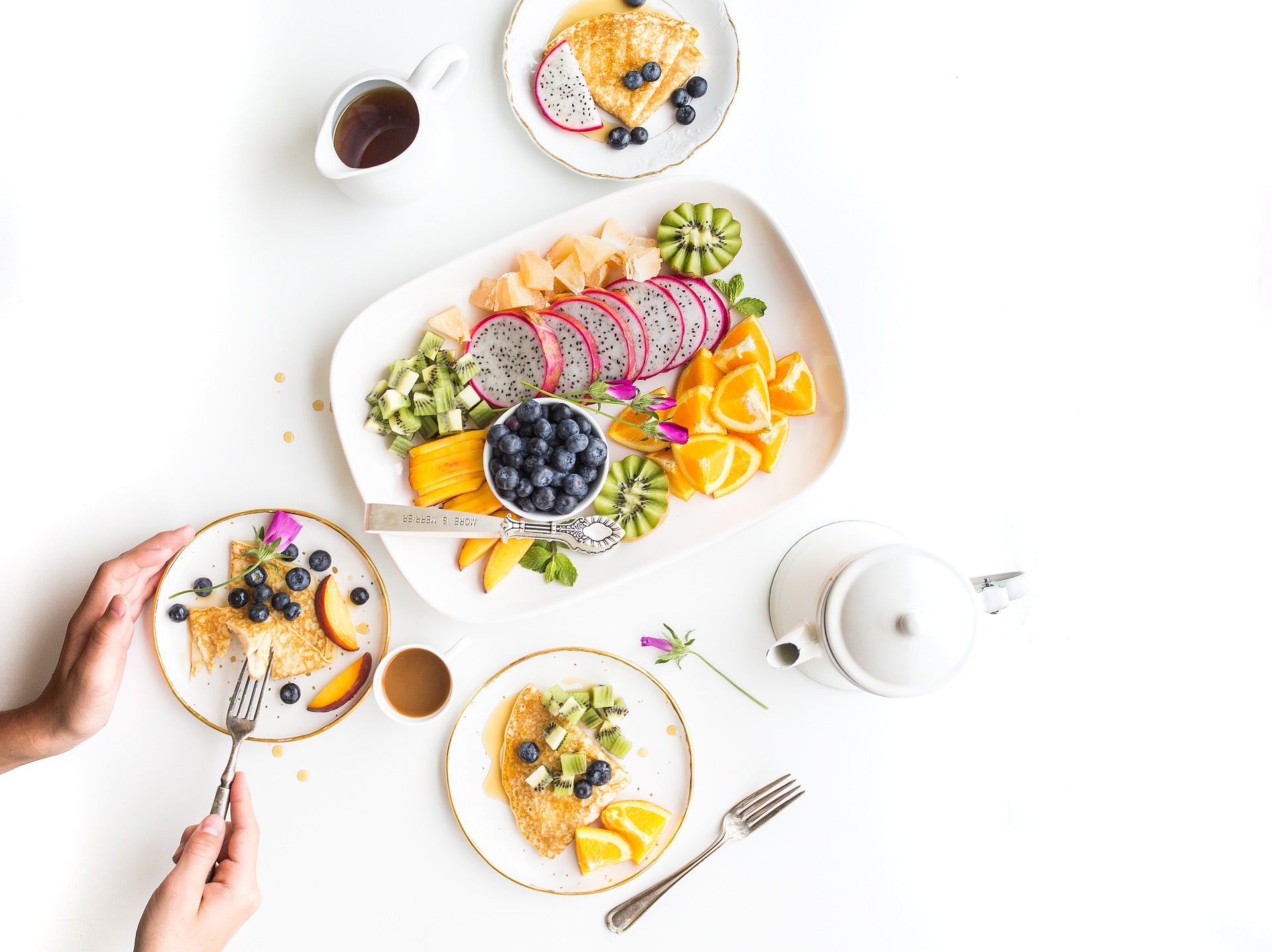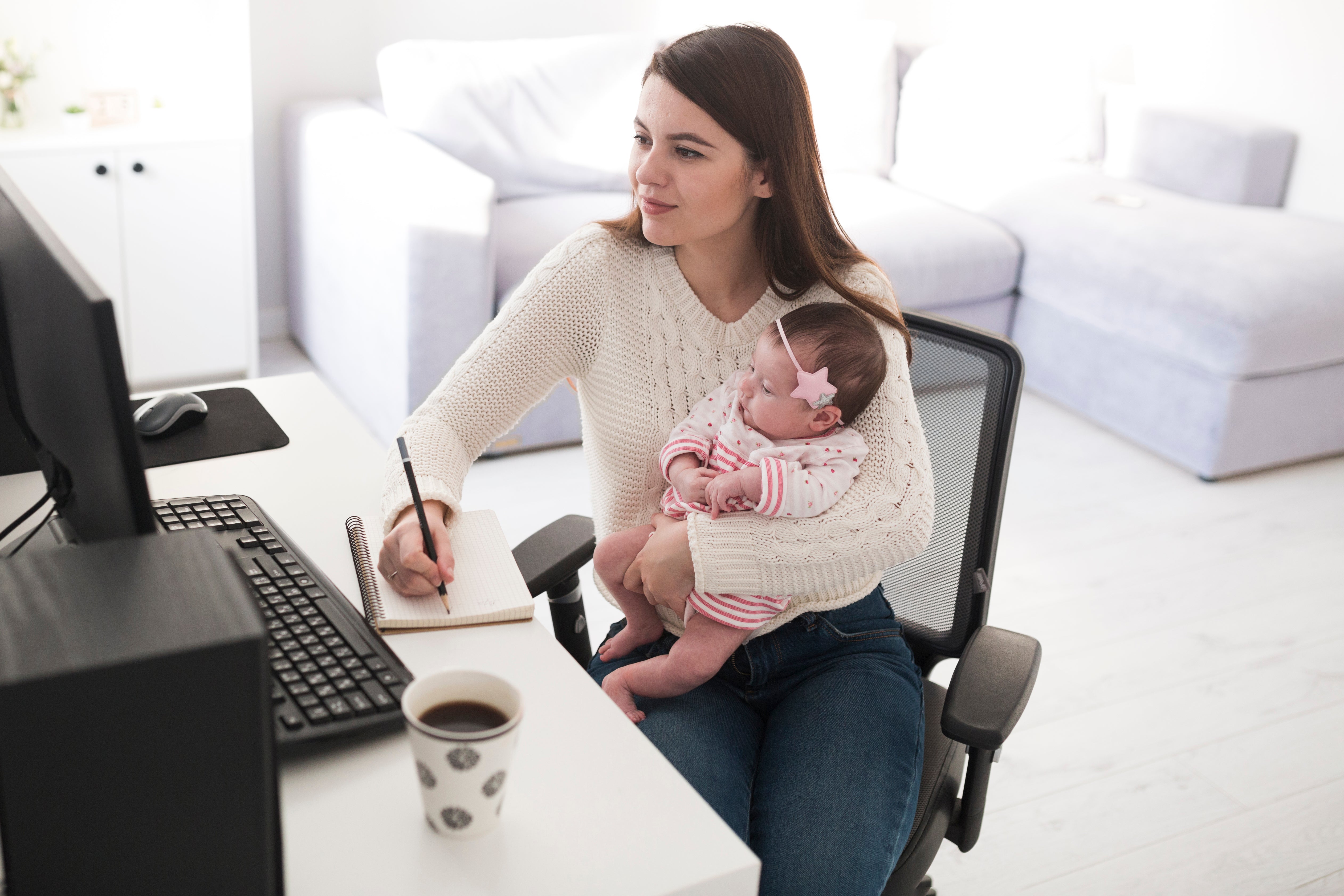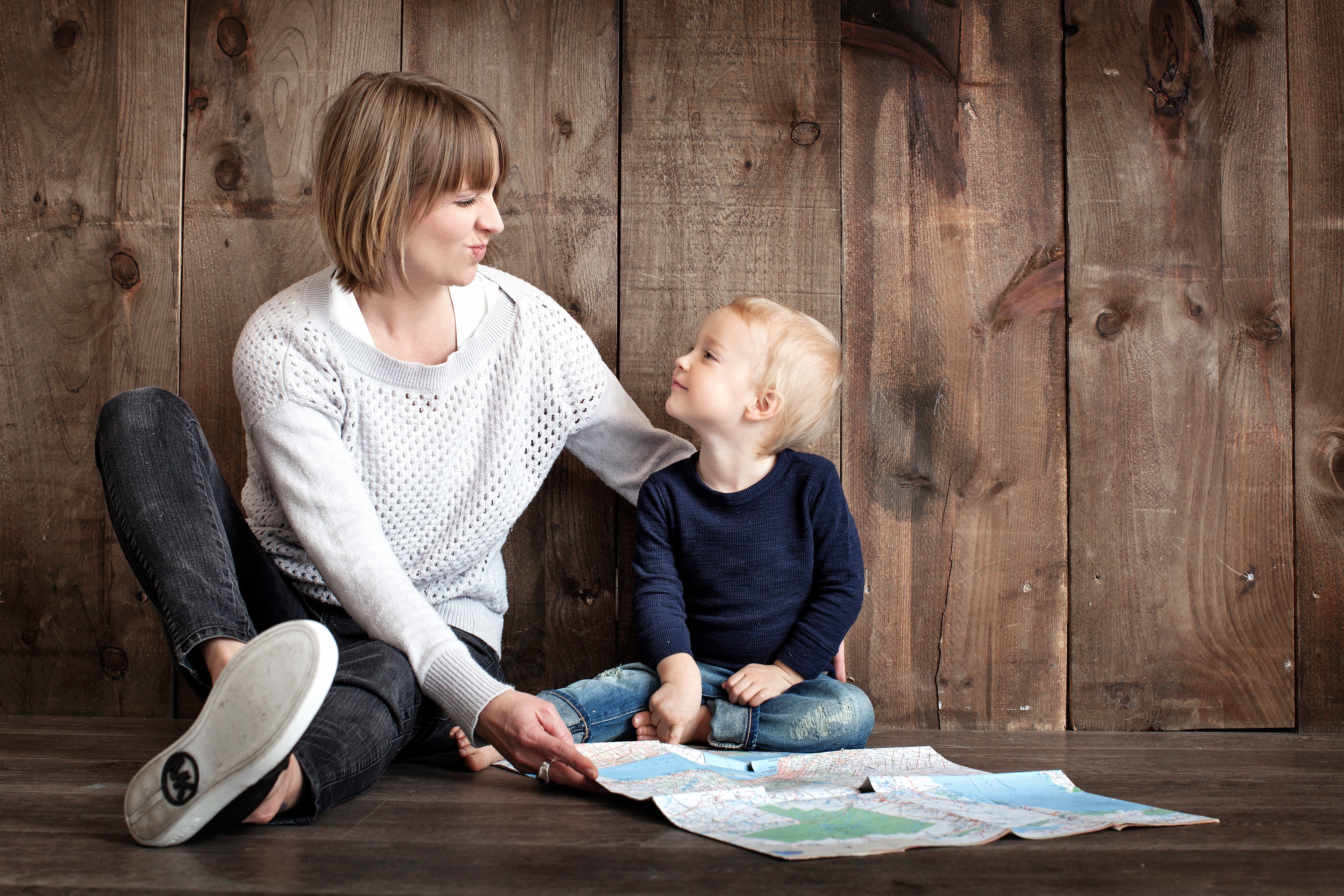
5 Super Foods To Eat During Pregnancy
You want the absolute best for your baby. Love, affection and being a good parent is the perfect recipe. But as your baby is developing inside your womb, you need to think about what you’re putting in your body. Do you know that your diet may determine how healthy your baby will be? Because the food you eat not only acts as a fuel for your body, but it also ensures a healthy pregnancy and childbirth. In fact, what food items you consume during pregnancy may also determine how healthy and strong your baby’s heart will be. But your baby is not the only beneficiary. Being pregnant is hard work for women as well. Making smart choices about what you put into your body goes a long way toward helping you maintain your own health and giving you the physical endurance, you'll need for your 40-week voyage.
Below are the top 5 super foods that I've found to be super beneficial to eat during pregnancy:
Omega 3 fats: They are known to lower cholesterol, blood pressure, alleviate arthritic pain and improve brain function. Not only are these fats a great boost for your health, but they’re also essential for your baby’s vision and brain development. Since the body does not naturally produce Omega 3, you will have to find it in foods rich in it. You can find them in tuna, bass, anchovies, sardines, mackerel, salmon, herring and trout just to name a few. But stay away from fish that contain high levels of mercury like shark and swordfish. Salmon is a great source of essential fatty acids whilst also containing a good amount of naturally occurring vitamin D. Vitamin D is very important for the immune system but also for bone health and hundreds of other biological processes. It is also known to reduce the risk of developing pre-eclampsia. Something to avoid, for sure.
But what if you’re vegetarian or vegan or simply don’t like fish? The good news is that there are several other sources of omega 3 fatty acids such as walnuts, chia seeds, dark leafy greens, tofu, or cooking with soybean oil.
Fibre: Wholegrain foods, such as wholemeal bread, oats, wild rice, wholegrain pasta, pulses like beans and lentils, fruit, and vegetables are rich in fiber.
Women have a higher risk of developing constipation during pregnancy; eating plenty of fiber is effective in minimizing that risk. Studies have shown that a high fibre diet during pregnancy reduces the risk or severity of hemorrhoids, which also become more common as the fetus grows.
Try swapping your traditional white bread for a whole-grain variety. Whole-grain bread also supplies you with a good share of your iron and zinc.
Nuts and seeds: Nuts and seeds are great for your growing baby’s heart because they contain so many important nutrients. You can find big doses of omega-3, vitamin E, magnesium, manganese, B vitamins, calcium, iron, zinc, selenium and a range of other micronutrients. Include almonds, cashew nuts, walnuts, pistachios and other nuts to your diet. You can add them in your salads, puddings, smoothies, pasta, and other food items. Flax seeds, sunflower seeds, and chia seeds are also easy to add to your diet, and will also give you a boost of nutrition without much effort. There is one caveat, however. If you have any sort of allergy, experts recommend that you avoid highly allergenic foods, such as peanuts, during your pregnancy; some data suggests that babies can be sensitized to certain foods in utero, raising their risk of food allergies later on in childhood.
Greens: Green vegetables are pregnancy must-haves (the darker the better); Green vegetables have an abundance of nutrients. Vegetables like broccoli, spinach, and kale will give you a big hit of vitamins C, K, and A, as well as fiber, potassium, folate, and iron. Then there’s the B vitamins, copper, calcium, zinc, and choline. You can eat them in raw or cooked form; rather you can go versatile with your veggies and eat them in any form you like. However, make sure you check with your doctor before eating raw green vegetables because some women may not be allowed to eat raw vegetables for certain health reasons. Another good reason to eat broccoli and other dark leafy greens are that they can help you avoid pregnancy constipation. This is a big problem for many women but the high fibre content of these types of vegetables can be a huge help.
Lots of protein: Protein-rich foods are a must for a pregnant woman and for her growing baby too. Chicken, lean meat, turkey, fish, etc. are some good options for protein. A bonus with lean meats is that they also contain lots of iron, which makes up a major part of hemoglobin. Hemoglobin is the oxygen-carrying pigment and main protein in the red blood cells; it carries oxygen throughout the body. During pregnancy, the amount of blood in the mother's body increases by almost 50 percent - she needs more iron to make more hemoglobin for all that extra blood.
For non-vegetarians and lentils, pulses, cottage cheese etc. are good options for vegetarian women. Proteins are loaded with amino acids and also act as building blocks for your baby’s development. It’s always worthwhile avoiding any type of meat product that has been processed, so avoid any luncheon meats or packet deli meats, hot dogs or things like that.


